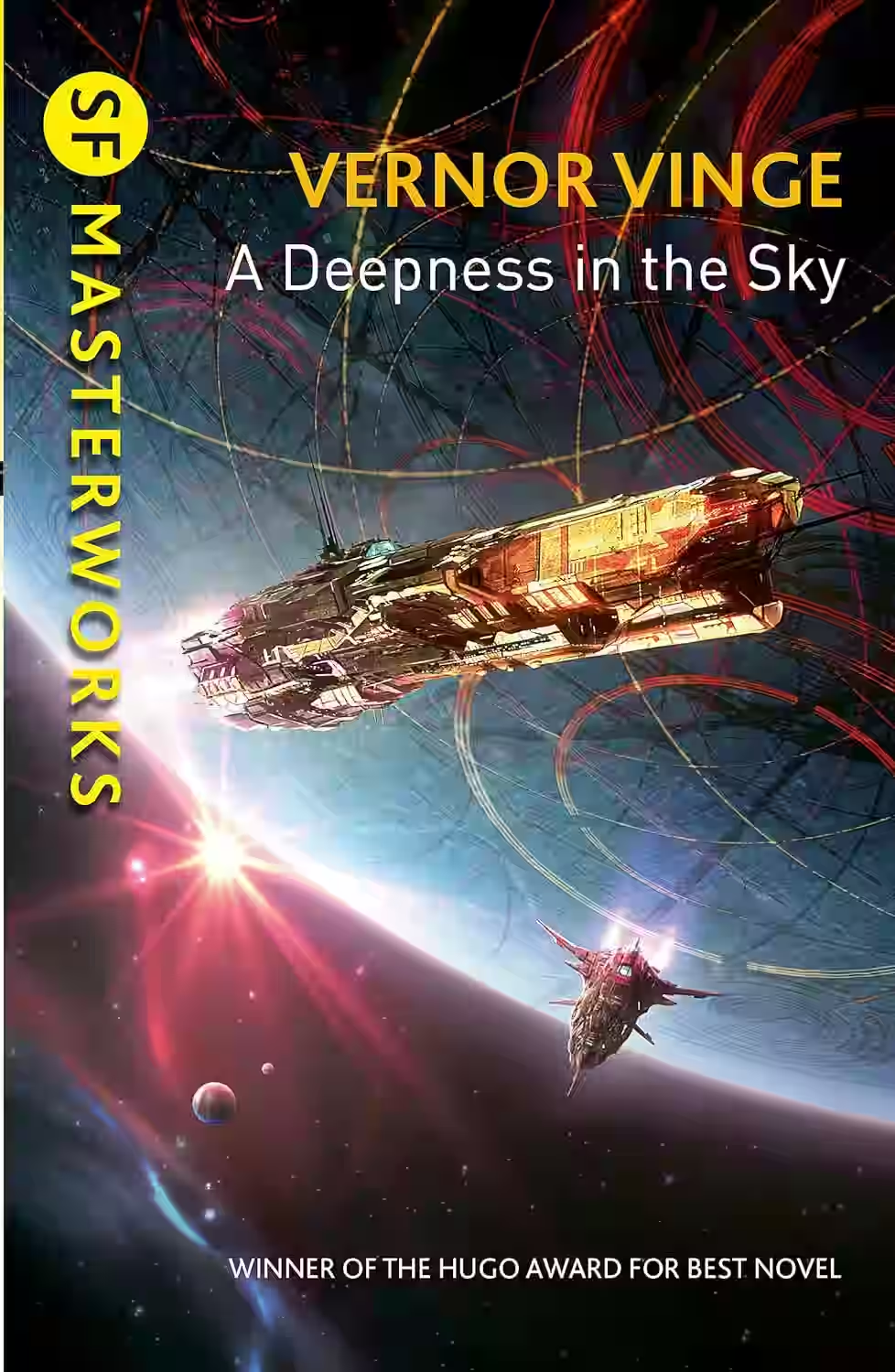
Vernor Vinge's 'A Deepness in the Sky' transports readers to a captivating universe where two rival civilizations clash in a gripping tale of politics, technology, and the complexities of human nature. Set amidst a galactic struggle for power, the story follows a cast of diverse characters as they navigate intrigue, betrayal, and moral dilemmas. With thought-provoking themes on the nature of consciousness, societal evolution, and the consequences of advanced technology, Vinge creates a masterful narrative that keeps readers engaged from start to finish. The intricate world-building and compelling character development make 'A Deepness in the Sky' a must-read for fans of hard science fiction.
About Zones of Thought Series
The Zones of Thought trilogy by Vernor Vinge is a masterful hard‑science fiction epic exploring how cosmic regions shape intelligence and technology. In A Fire Upon the Deep, a galactic catastrophe unleashes a rogue super‑AI (“the Blight”), forcing humans and dog‑like Tine aliens into a raw survival struggle, revealing the layered Zones of Thought. The second book, A Deepness in the Sky, is a prequel spotlighting the human trading culture Qeng Ho versus the ruthless Emergents, set on a planet in “the Slow Zone.” The Children of the Sky follows the aftermath, focusing on rebuilding civilization. Epic scope, intricate worldbuilding, and philosophical depth—an unforgettable saga.
About Vernor Vinge
Vernor Vinge, born in 1944, is a celebrated American science fiction author and computer scientist known for his groundbreaking works in the genre of hard science fiction. With a Ph.D. in mathematics and a keen interest in technological advancements, Vinge's novels often explore complex themes such as artificial intelligence, post-singularity societies, and the impact of technological progress on humanity. His most renowned works include the Hugo Award-winning novels 'A Fire Upon the Deep' and 'A Deepness in the Sky.' Vinge's writings have significantly influenced the genre by delving into the implications of futuristic technologies while maintaining a strong narrative drive, earning him a well-deserved reputation as a visionary in science fiction literature.
Other Books by Vernor Vinge
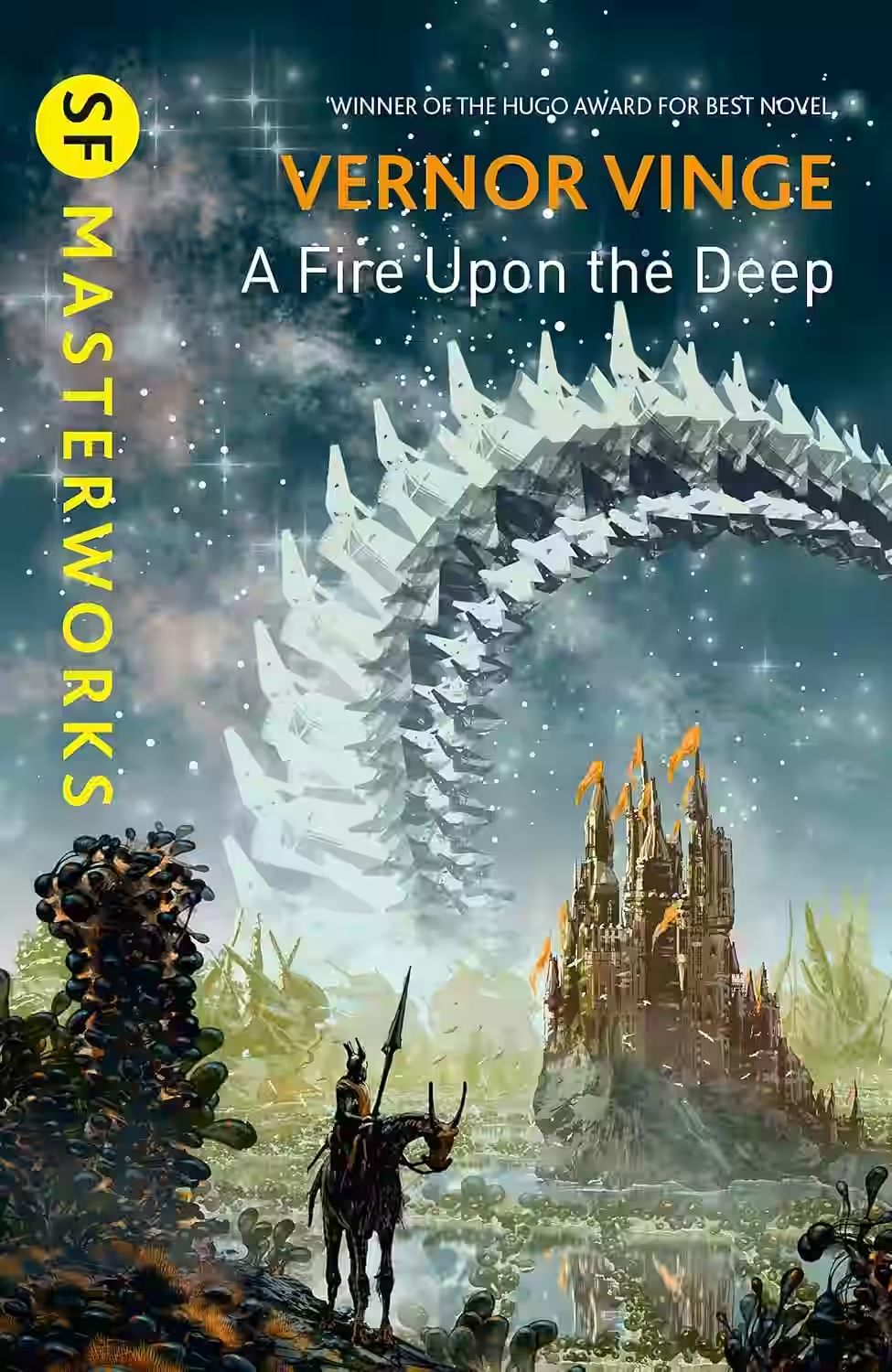
A Fire Upon the Deep
by Vernor Vinge
Series: Zones of Thought (#1)
In Vernor Vinge's 'A Fire Upon the Deep,' readers are transported to a galaxy where civilizations are grouped by their proximity to the 'galactic core' which determines the level of technology and intelligence they can access. When a malevolent force, the Blight, is accidentally awakened, it threatens all life in the galaxy. The story follows various characters as they navigate this new threat, blending hard science fiction with grand space opera themes. Vinge masterfully explores concepts of technology, consciousness, and the nature of intelligence, creating a rich and immersive world that challenges readers' perceptions of the universe.
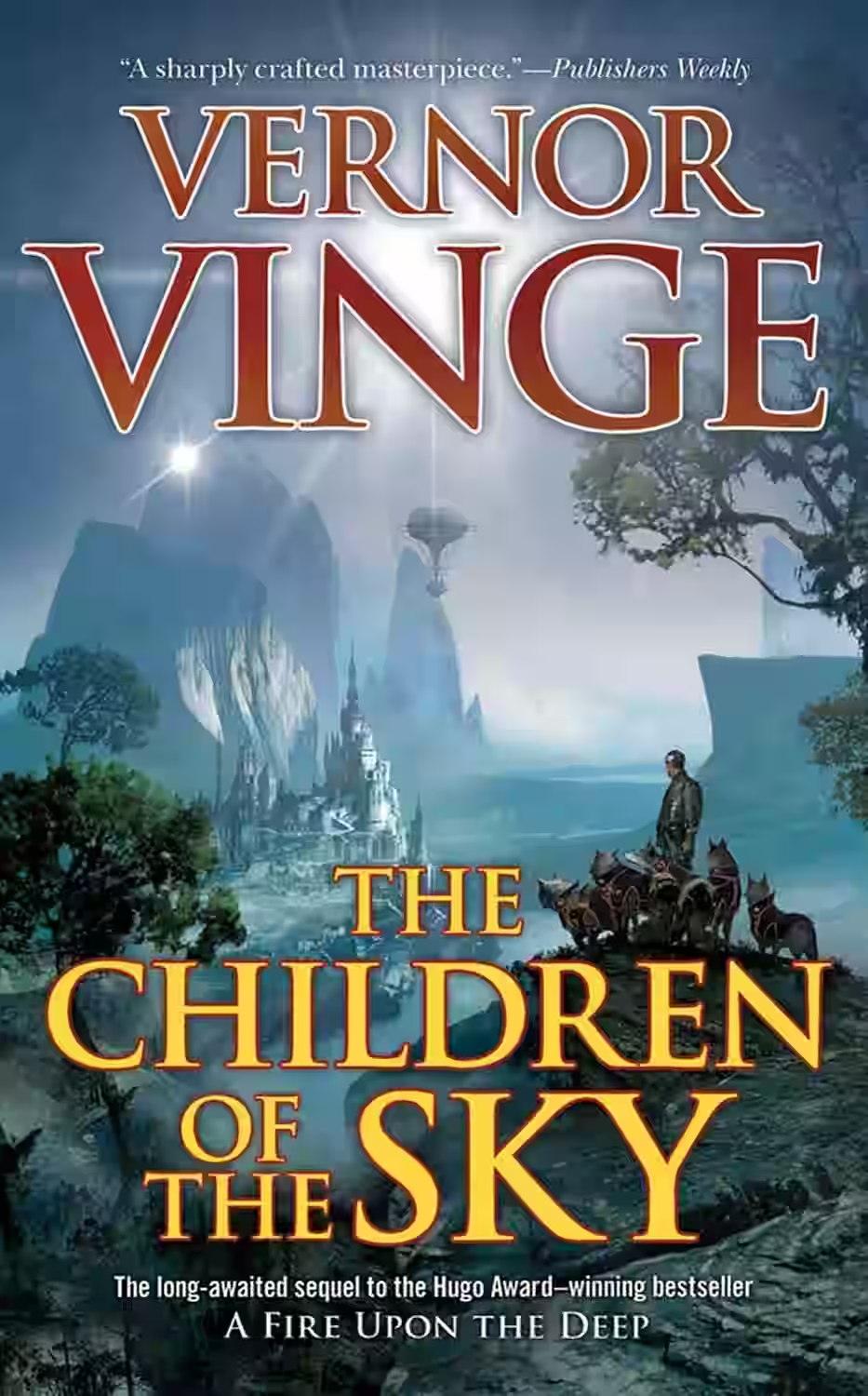
The Children of the Sky
by Vernor Vinge
Series: Zones of Thought (#3)
In Vernor Vinge's 'The Children of the Sky,' readers are taken on a thrilling journey to a distant planet where humans struggle to survive among alien races with advanced technologies. Set in the same universe as Vinge's award-winning 'A Fire Upon the Deep,' the novel explores themes of survival, cooperation, and ethical dilemmas in a complex and vividly imagined world. As the humans navigate political intrigue and technological challenges, they must confront their own limitations and prejudices. Vinge delivers a thought-provoking narrative that keeps readers on the edge of their seats with its intricate plot and engaging characters.
Similar Books
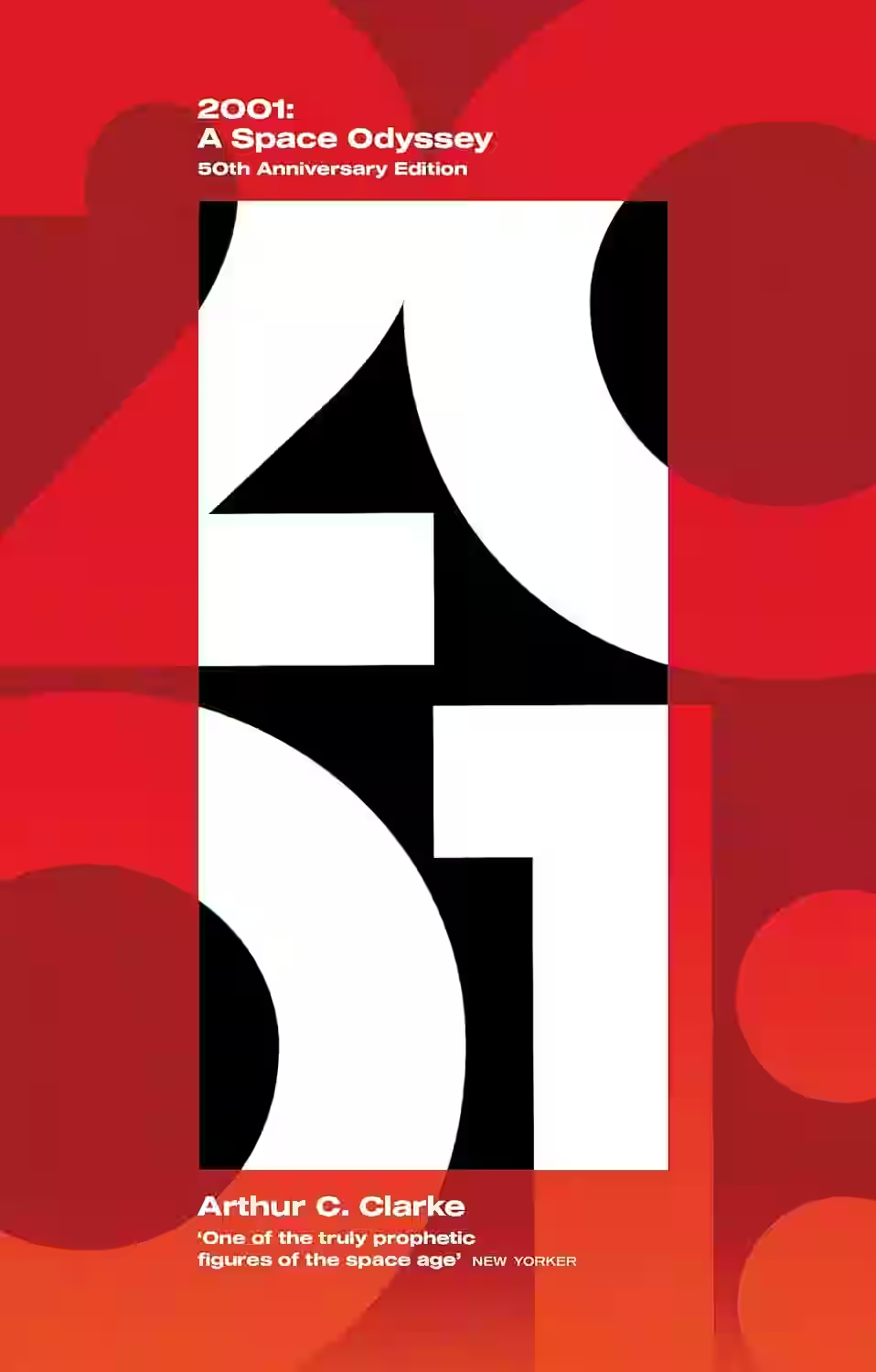
2001: A Space Odyssey
Arthur C. Clarke's '2001: A Space Odyssey' is a groundbreaking science fiction masterpiece that explores themes of evolution, technology, and the existence of extraterrestrial life. The novel follows the journey of a crew on a space mission to investigate a mysterious, alien monolith that may hold the key to humanity's place in the universe. As they traverse the vast reaches of space, encountering the enigmatic computer HAL 9000, the crew grapples with questions of identity, consciousness, and the nature of intelligence. Clarke's visionary storytelling and scientific accuracy have cemented this novel as a classic of the genre, inspiring generations of readers and influencing countless works of science fiction.
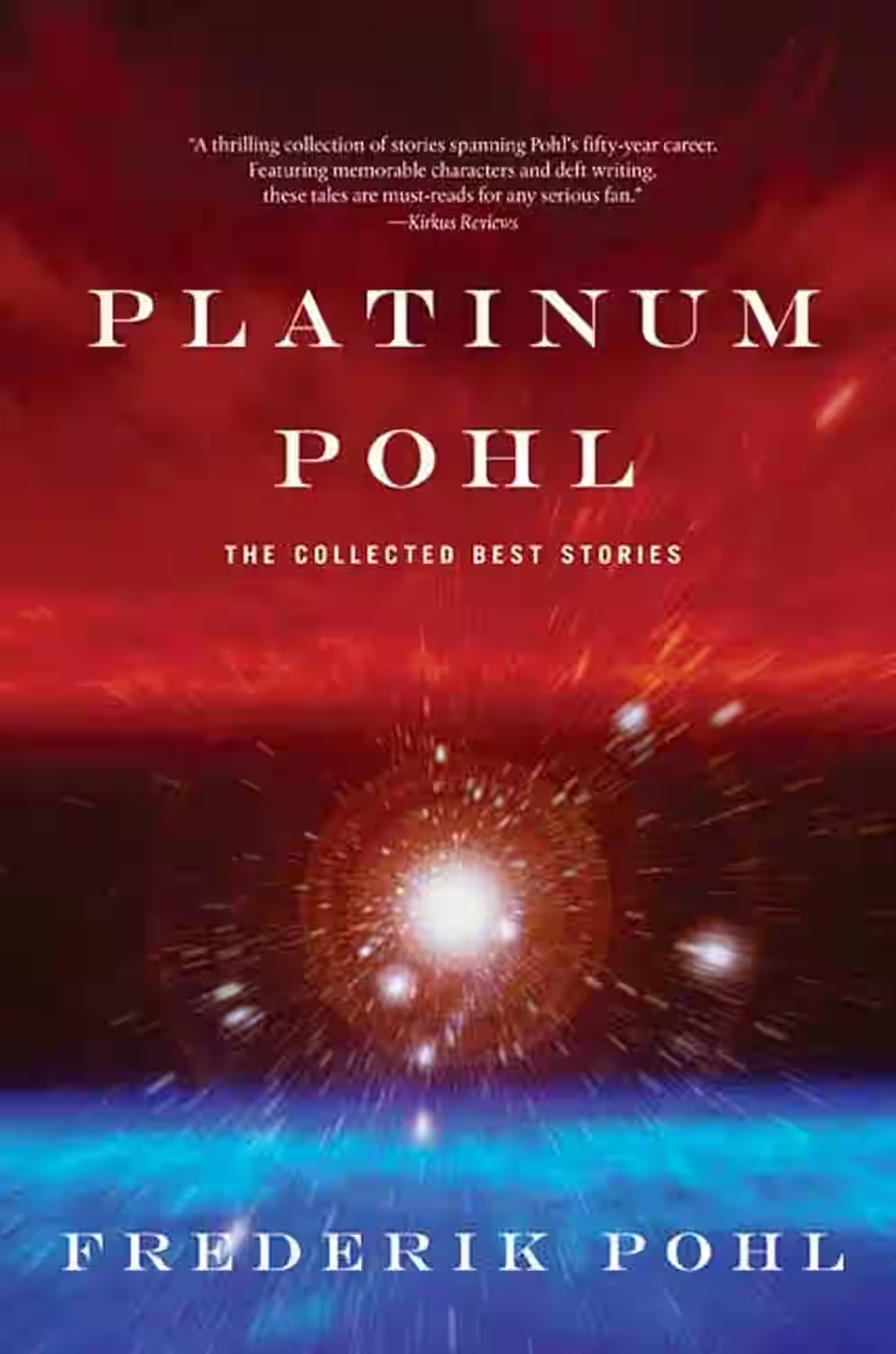
Gateway
In Frederik Pohl's 'Gateway,' humanity discovers an alien space station filled with hundreds of spacecrafts but no instructions. The story follows protagonist Robinette Broadhead as he joins desperate prospectors risking their lives on these mysterious ships in hope of striking it rich or finding meaning. Pohl delves into themes of risk-taking, the unknown, and the psychological toll of choice. The narrative weaves between Robinette's past and present, exploring his inner struggles and the complex relationships formed aboard Gateway. This novel blends hard science fiction with deep character development, keeping readers on edge with its suspenseful plot twists and moral dilemmas.
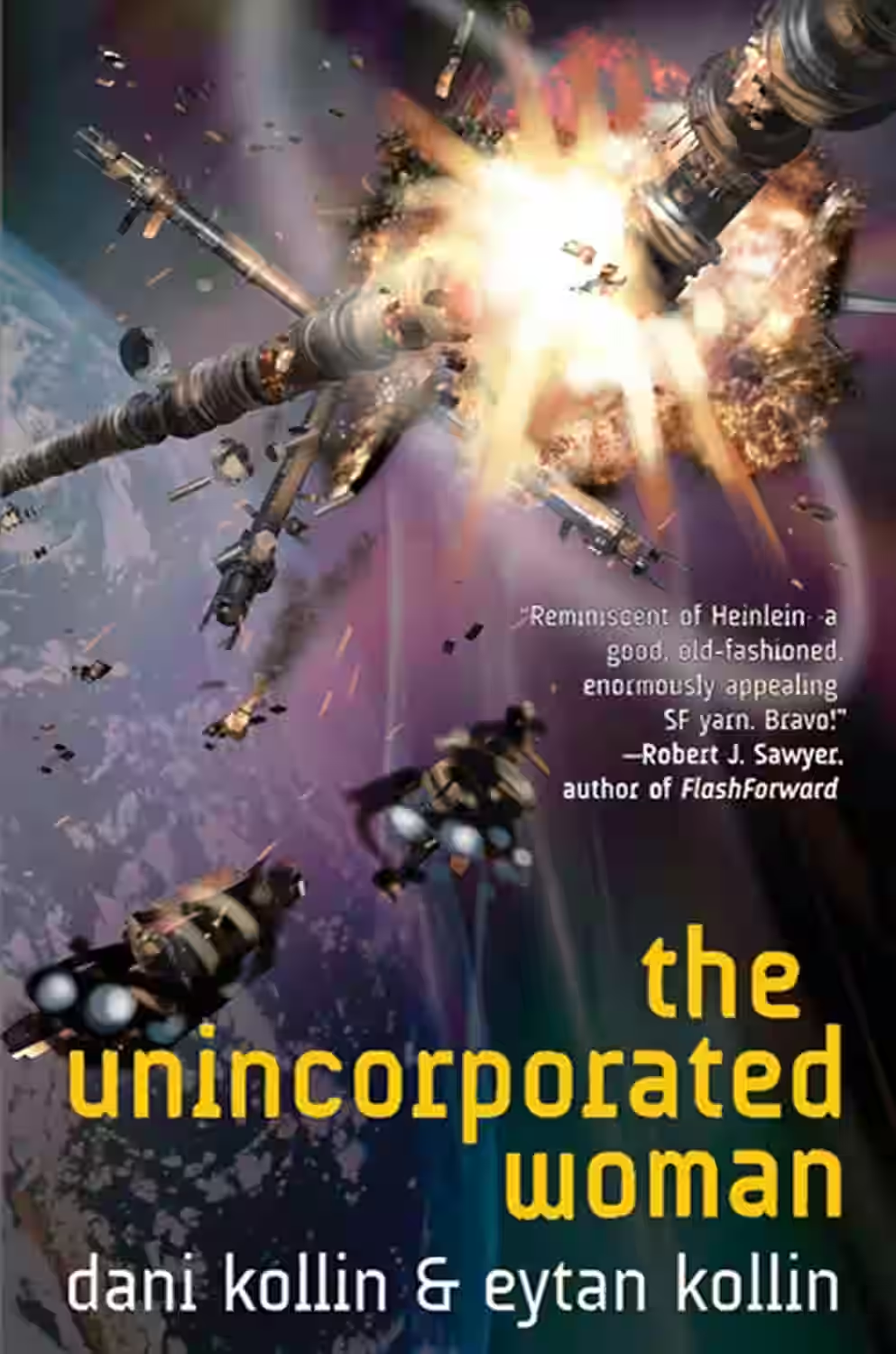
The Unincorporated Woman
Series: The Unincorporated Man (#3)
In 'The Unincorporated Woman' by Dani Kollin, the third installment in the Unincorporated series, readers are thrust into a future where individuals have become corporatized entities. Set in a universe where societal structures are dominated by corporate interests and personal autonomy is severely compromised, the narrative follows the story of J.D. Lassiter, a prominent figure caught in the turbulent tides of a battle for control over personal freedom. As interplanetary factions vie for supremacy, and old alliances crumble, this book explores themes of governance, identity, and resistance. The Kollin brothers continue to weave political intrigue with thrilling action and philosophical musings, challenging readers to consider the consequences of unchecked capitalism and the value of individual sovereignty. The novel maintains a fast-paced rhythm while diving deep into the moral conundrums posed by its futuristic setting, making it a thought-provoking addition to the series.
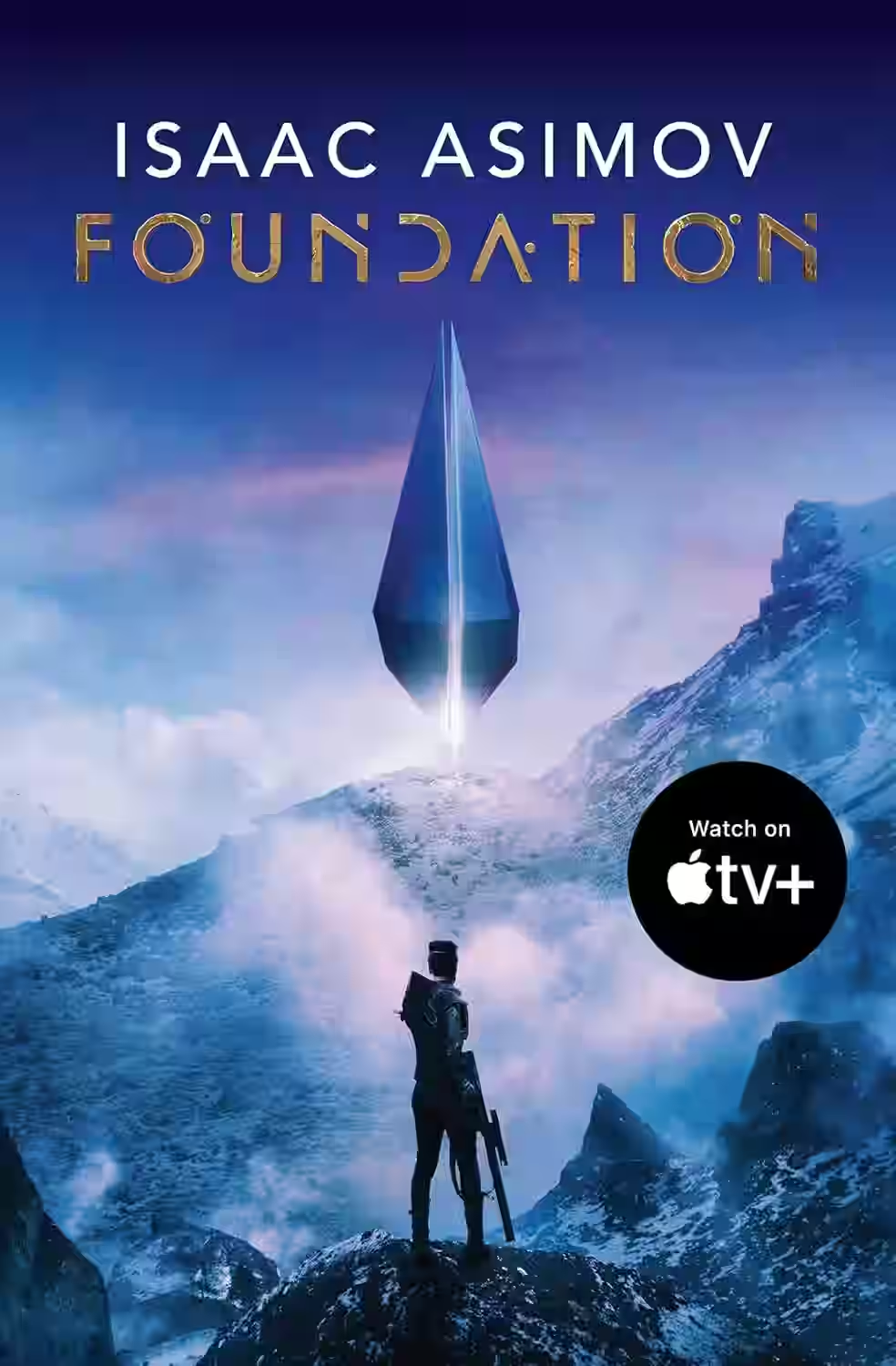
Foundation
by Isaac Asimov
Series: Foundation (#1)
The Foundation series is Isaac Asimov’s iconic masterpiece. Unfolding against the backdrop of a crumbling Galactic Empire, the story of Hari Seldon’s two Foundations is a lasting testament to an extraordinary imagination, one that shaped science fiction as we know it today. The Galactic Empire has prospered for twelve thousand years. Nobody suspects that the heart of the thriving Empire is rotten, until psychohistorian Hari Seldon uses his new science to foresee its terrible fate. Exiled to the desolate planet Terminus, Seldon establishes a colony of the greatest minds in the Empire, a Foundation which holds the key to changing the fate of the galaxy. However, the death throes of the Empire breed hostile new enemies, and the young Foundation’s fate will be threatened first.